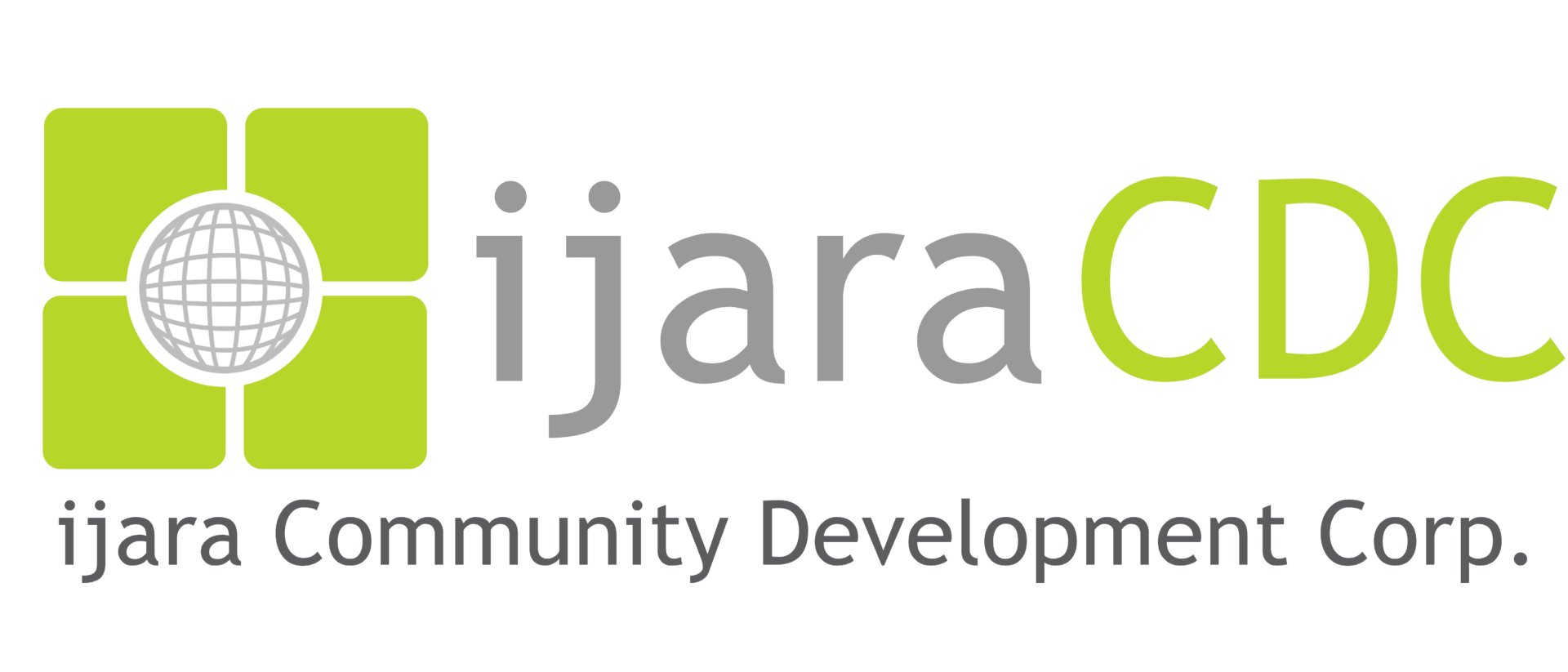Here’s What You Need To Know About Islamic Finance
Many of our clients ask us for a clear definition of Islamic finance. Devout Muslims want to understand how it is Sharia compliant and can keep them free from riba. Other people like the fact you should not charge interest.
Here are some other interesting things you should know.
The industry itself is quite young. However, the theories of sharia compliant economics have existed for over a Millennium. Islamic economic ideas go back to the 12th century. Many of them still apply.
Based on Balance
The concepts are based on balancing social and individual needs with material goals and spiritual needs.
How Islamic Finance is Different
The system is based on the belief money doesn’t have any value . Riba is forbidden.
This type of financing should not be harmful. That’s why sharia compliant financing forbids investing in items like gambling, tobacco and alcohol.
Partnerships are Encouraged
The model encourages partnerships. Businesses and individuals share risks and profits. Or, two individuals or two businesses share risk.
Here is another important point. Anyone can use these services and products. You don’t need to be a Muslim.
Here’s How It Works
This type of financing is based on principles and restrictions traditional banking models don’t have. Financial arrangements needed to be developed.
These are all free from interest and include:
- Mudarabah. This is a type of profit and loss sharing. It involves two people in a partnership. One provides the capital to the other who is responsible for investing and managing it. Profits are shared.
- Ijarah. This type of arrangement also avoids riba. A lessor and lessee are involved. The property is leased. Purchase and rental payments get made. The lessee owns the property in the end.
- Musharakah. This is a profit and loss sharing vehicle. It’s a joint venture where everyone involved contributes capital and shares the loss and profit. There are several types like diminishing partnership and a permanent musharkah. They finance long-term ventures.
There are a number of restrictions on many traditional investments like options and bonds. However, there are two types of halal financial tools .
Company shares is one. These include equities. Investing in company shares is good. As long as the companies don’t produce pork or alcohol, riba and gambling. Conventional bonds are out. Sukuk is okay.
Please get in touch to learn more about your Islamic finance options.

